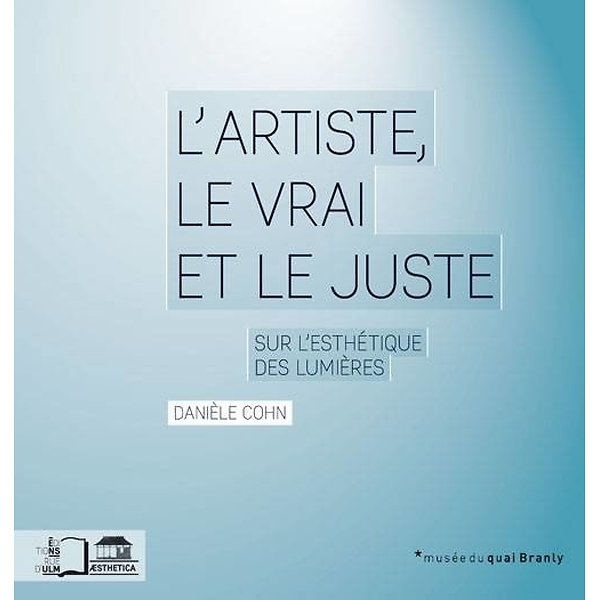The artist, the true and the just
Description
This book takes position on the stakes and the aims of the works of art as regards truth and morals: it answers, by a return on the time of the Enlightenment, the contemporary questions on the idea of a moral improvement of the individual (S. Cavell, M. Nussbaum, S. Laugier). The Enlightenment put in the heart of the artistic creation the emotions, the affects and the feelings, moved by the conviction of the effectiveness of an aesthetic education of the man, of a sensitive education by the sensitive, in this case by the works. Does the truth have a sense in artistic matter? Is our need of art bound to our conviction that they make us better and make us know better the world ? The autonomy of the work, the freedom of the creator, the devaluation of any canon in the name of a global turn that forces relativism make this affirmation difficult today. And the sincerity of the author could not be an argument, so much it falls under a prejudicial suspicion. Could the critic claim to be true? But there are several possible interpretations of a work, several interpretations that hit the mark, in the sense that we say of a voice that it is right, of a piece of clothing that it fits well. From some case studies, Danièle Cohn returns on the idea of an end of art (A. Danto) and proposes to base artistic judgment and aesthetic judgment on the rightness
Product information
- Dimensions
- 19cm x 20cm
- Number of Pages
- 156
- EAN
- 9782728805112

